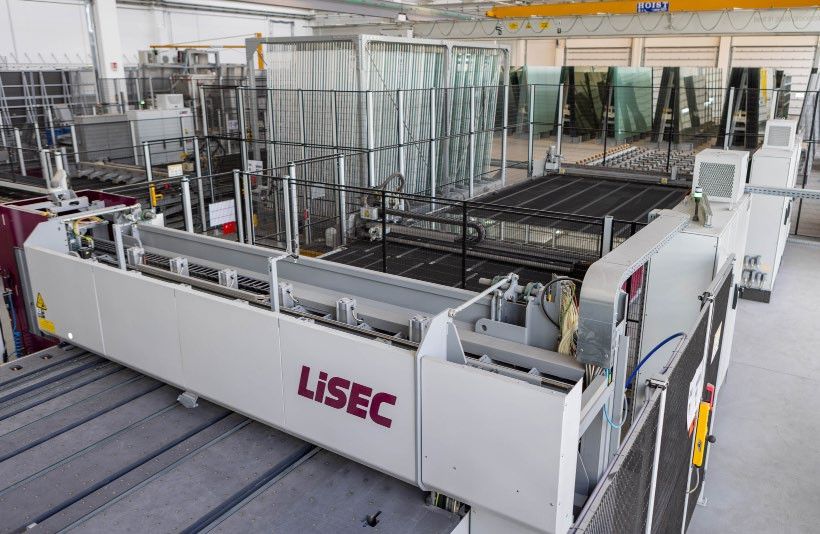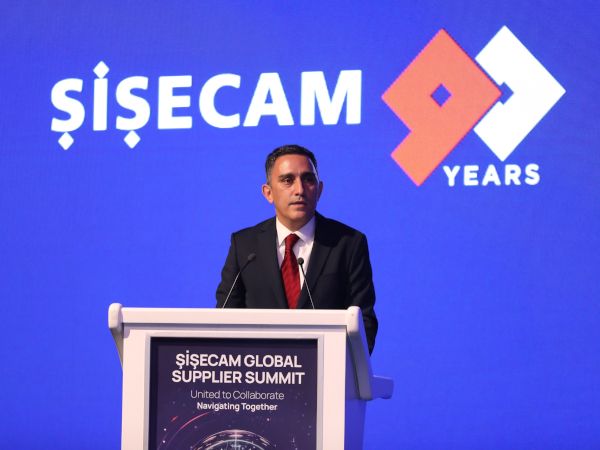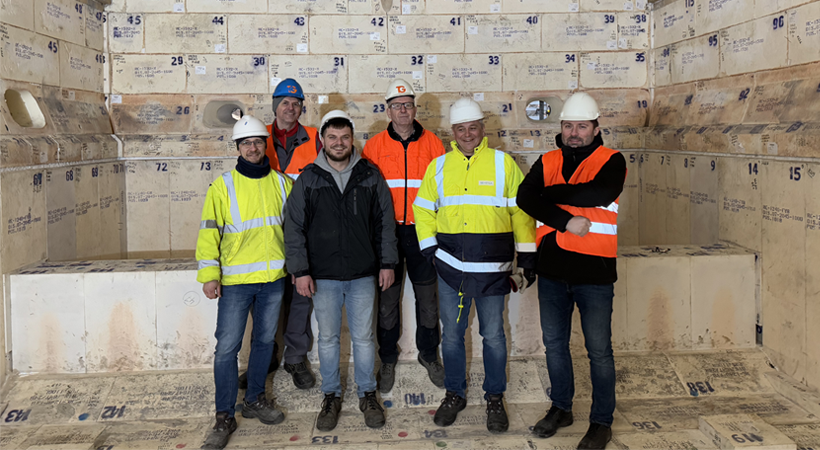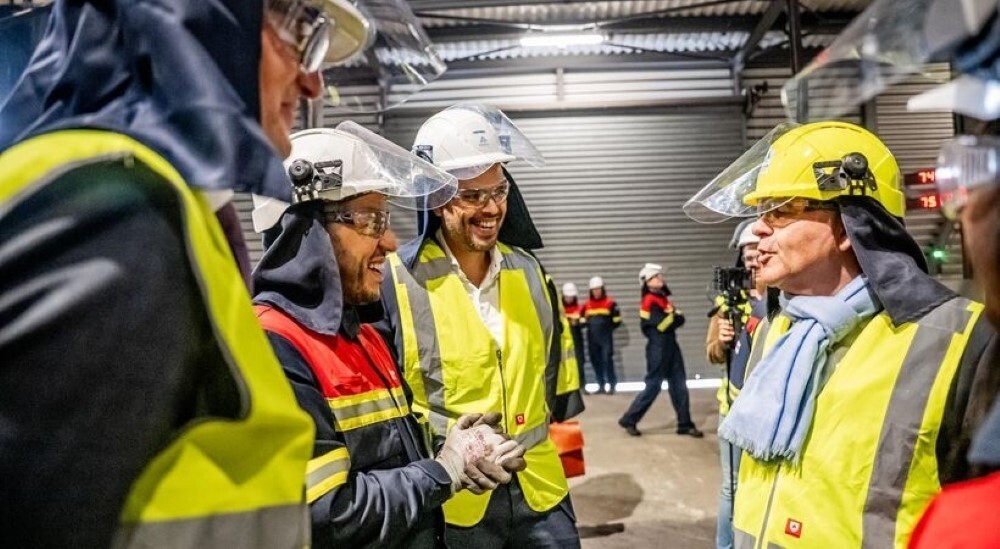In today’s rapidly evolving manufacturing landscape, the pursuit of both high precision and sustainable practices is not just an ideal, but a necessity. The long-standing partnership between FINSTRAL, a leading window and door manufacturer, and LiSEC, a specialist in glass processing machinery, serves as a compelling case study in how technological innovation and intelligent automation can radically reshape production processes within the glass and window industry, all while prioritizing sustainability.
Dating back to the 1980s, this collaboration is a testament to the power of shared vision and technical expertise. FINSTRAL, a family-owned business with over five decades of experience, has strategically embraced digitalization, energy efficiency, and industrial automation as fundamental pillars of its growth strategy. This commitment is vividly demonstrated at their state-of-the-art plant in Oppeano, Italy.
The Oppeano facility, a showcase for advanced LiSEC technology, operates with a remarkable level of automation. Fully automated processes, including high-precision glass cutting systems such as the VSL-A and ESL-RS, are seamlessly integrated. Furthermore, logistics management is handled without manual intervention, all unified under a single, intelligent production logic. This level of integration is crucial for optimizing workflow and minimizing waste.
The impact of this partnership extends far beyond increased efficiency. The collaboration has not only elevated production standards but has yielded tangible and impressive results. The ability to manufacture more than 30 Jumbo glazing units per shift highlights the significant increase in throughput and productivity. Equally important, this has been achieved while simultaneously reducing the required space and investment in machinery. Crucially, this optimization has been accomplished without compromising the unwavering commitment to quality or the overarching goals of sustainability that define both companies.
The success of the FINSTRAL + LiSEC partnership underscores several key takeaways for the industry:
- Technology Applied to Architectural Glass: The integration of advanced LiSEC machinery demonstrates how cutting-edge technology can be effectively applied to optimize the production of architectural glass, a critical component in modern construction.
- Automated Production with a Sustainable Focus: This case highlights that automation is not merely about speed and efficiency, but can be a powerful tool for achieving sustainability goals through reduced resource consumption and minimized waste.
- High-Value Technical Collaboration: The enduring nature and impactful results of the FINSTRAL and LiSEC partnership exemplify the significant value that can be generated through close, long-term technical collaboration between industry leaders.
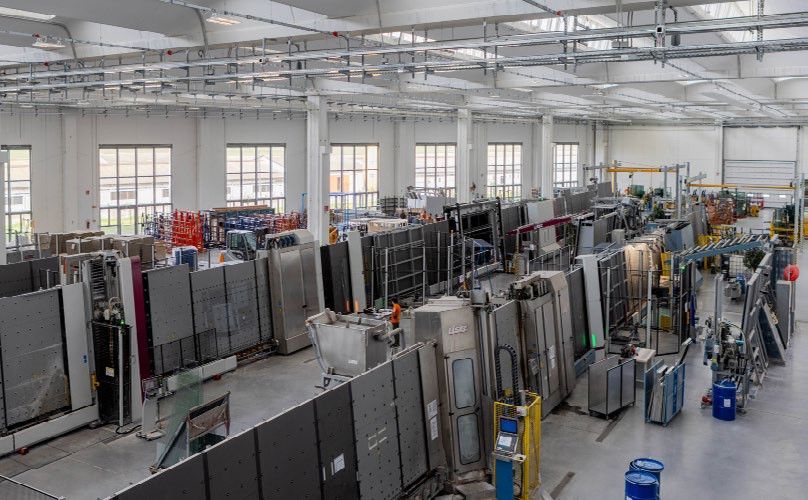
The FINSTRAL + LiSEC story serves as a powerful illustration of how a strategic, technology-driven approach, grounded in a commitment to sustainability, can lead to transformative outcomes in industrial production. It sets a benchmark for what is achievable when innovation and precision work hand in hand for a more efficient and sustainable future.
Source: FINISTRAL with additional information added by GlassBalkan
